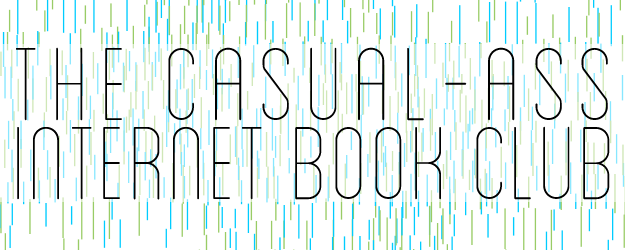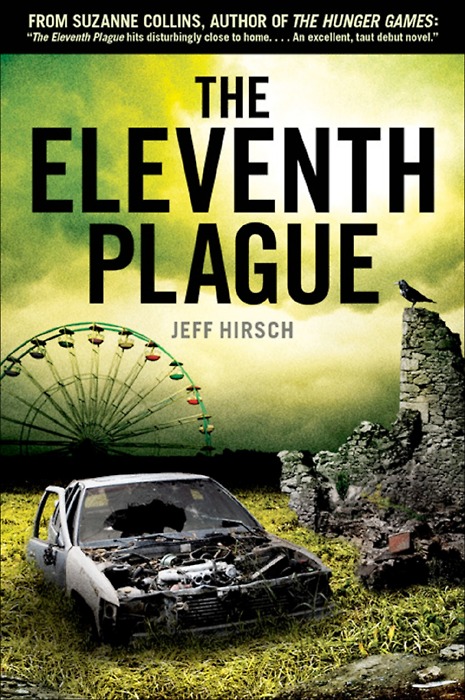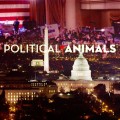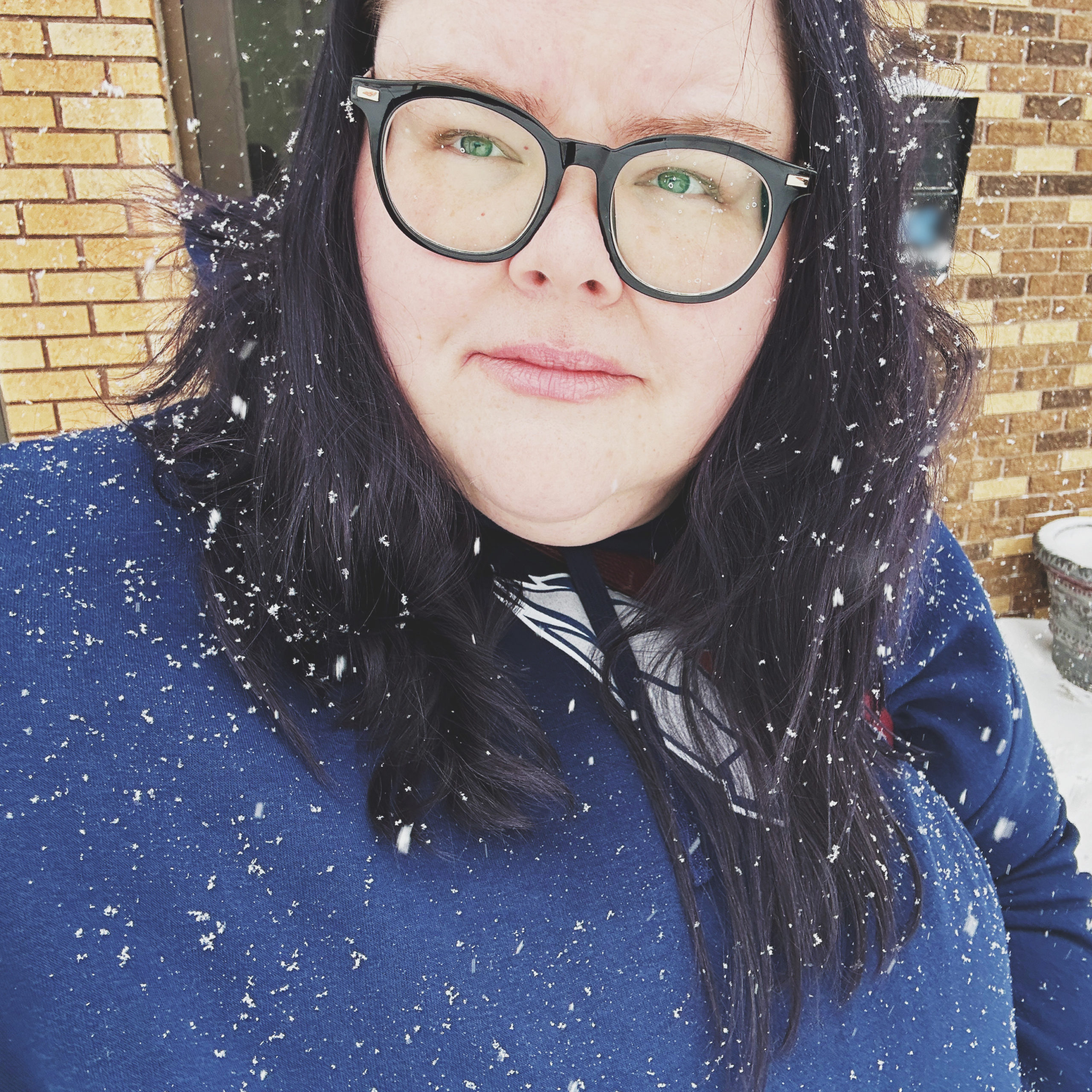

The Eleventh Plague was pretty decent! And I might have a couple things to say about it! Spoilers!
I wasn’t sure about this one from the jump which has been the case with all of the Casual-Ass books so far, actually, and I was worried I’d have another month in which I had little to say. But! The more I read, the more I got into it and, by the end, I felt like I’d had a nice little ride through Hirsch’s dirty little dystopia! It’s not The Hunger Games or Unwind— but what is? — and it’s got some Very Big Issues, but Hirsch does a decent job towing you through his world.
The premise of the dystopia itself is probably the most compelling element of the book. That the world was teetering on a precipice anyway with climate change and oil reliance and global conflict and all it took was a couple of American students caught and accused of espionage to ignite the series of events that would end in the almost complete extinction of the U.S. population. Biological warfare is the kind of reality none of us want to confront, even if instead of Anthrax or Ebola, it’s a suped-up flu.
I don’t like Stephen and I think — despite the rough life he’s led up until his arrival in Settler’s Landing — that most of his distrust of the people who are trying to help him comes off as unwarranted paranoia. This isn’t Stephen’s fault — Stephen should not trust anyone, not the way he’s been raised — but is instead a failing of Hirsch’s writing. The point of view is so close in Stephen’s head, that you understand the fears that his grandfather instilled in him and you even see — really clearly early on, even though Hirsch tries to save it as a big reveal — how deeply the loss of his mother and baby sibling has impacted him, but you never really understand his motivations. And that is the absolute most primary failing of the book.
The dystopia is cool and I love the contemporary-rustic nature of the Settler’s Landing settlement and I really love the sort of… Lord of the Flies nature of the community under Caleb’s rule and their willingness to sell other people out in order to keep the peace, even though it pains them (Violet and Marcus at least) and the great, big, giant nature of the story and I love the emphasis on education (even though I think there’s too much emphasis on learning from the dominant culture’s canon — which is sort of challenged in the idea that people are at least asking whether going back to what the country already was before the Collapse, but it isn’t challenged nearly enough) and the issues of race and wealth that are raised. The United States has been annihilated and the people in this story are just hanging on for their lives and that is always wildly compelling.
Unfortunately, Hirsch never pushes it far enough and he doesn’t make his characters’ actions transparent enough. I don’t understand why Stephen does the things he does. I particularly don’t understand why he’s terrified to rock the status quo in one minute and throwing himself headfirst into stupid situations the next. Hirsch seems to believe that the reason for those actions is Jenny, but Jenny doesn’t bring enough to the table for me to really believe that.
Jenny could be great, she should be great, but Hirsch totally squanders her potential. Jenny is experiencing, firsthand, the torture of being the enemy in a land that belongs to her as much as it does to Stephen. She is visibly Chinese-American in a country destroyed by the actions of the Chinese government (motivated by the actions of the American government, of course) and she should be a lightning rod for the incredibly important issues that raises. Jenny has every right to be furiously angry and to react furiously the racism and cruelty that surround her. We meet her as she’s having racial slurs thrown at her, but because Hirsch mishandles her, she ultimately seems like a childish troublemaker instead of someone lashing out because of their mistreatment. She exists to be Stephen’s motivation to challenge the social structure around him and perhaps that could’ve worked had Jenny been a fully-fleshed and realized character, but instead they… what? Throw some firecrackers and almost completely destroy the community that’s keeping them alive?
The heart of the book is the idea that humans must always strive to be more than what the world around them will allow, but these characters don’t. They strive to rebuild their world in the image of the one that caused the Collapse in the first place and that’s not only a lesson I don’t want them to learn, that I don’t want anyone to learn, but also, I don’t think it’s the lesson Hirsch wanted them to learn. And that’s both his and his book’s gravest failing.



